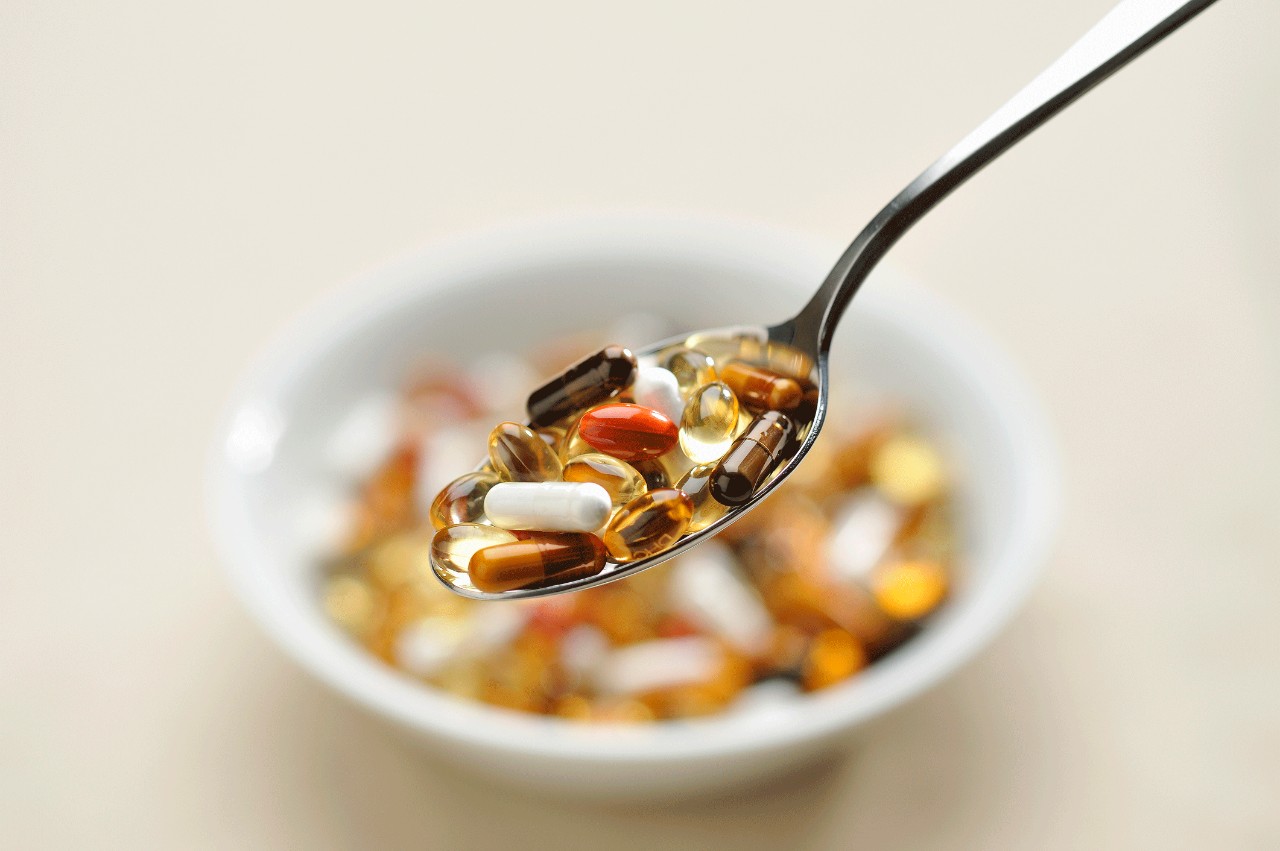Diet Supplement Dangers

Don’t assume diet supplements sold at health food stores or online are safe. Research shows diet supplement dangers, especially for young people, are real.
Dietary supplements sold for weight loss, muscle building, “colon cleansing,” boosting sex drive, and revving up energy are easy to find online and at health food stores. And if these dietary supplements are labeled as “all natural,” they must be safe, right? Unfortunately, that’s an incorrect assumption.
Diet supplement dangers, it turns out, are real and can be potentially life-threatening.
The Food and Drug Administration (FDA) is not authorized to review dietary supplements for safety and effectiveness before they are put on the market. Instead, it’s left up to manufacturers and distributors of dietary supplements to check their products for safety before they are sold and to be sure there are no diet supplement dangers for consumers.
YOU MIGHT ALSO LIKE: Is CBD Oil Good for You?
If a dietary supplement contains a new ingredient, manufacturers are told to notify the FDA about that ingredient before marketing. However, that notification is only reviewed (not approved) for safety. The federal agency doesn’t review supplements at all for effectiveness, by the way.
Unfortunately, a growing number of studies show that some diet supplements sold as being healthy and pure sometimes contain ingredients not listed anywhere on the label — including prescription medications, and other chemicals, lead, and contaminants.
What’s more, even natural ingredients in certain supplements, like mega doses of caffeine, can be dangerous for some people. For example, a study published in JAMA found evidence of deaths and serious heart problems from caffeine-loaded energy drinks.
These supplements spell danger for kids and young adults
Teens, young adults, and even children sometimes turn to dietary supplements that promise to promote weight loss, build muscles, and boost energy. But compared to vitamins, supplements sold for those reasons are about three times more likely than vitamins to cause severe medical events in kids and young men and women, according to research from the Harvard T.H. Chan School of Public Health.
“The FDA has issued countless warnings about supplements sold for weight loss, muscle building or sport performance, sexual function, and energy, and we know these products are widely marketed to and used by young people,” said Flora Or, PhD, who headed the study. “So, what are the consequences for their health? That's the question we wanted to answer."
To find out, Or and colleagues turned to the FDA’s Adverse Event Reporting System on the agency’s food and dietary supplements database and analyzed adverse events reported between January 2004 and April 2015. The results showed the risk for serious medical complications was significant for young people from childhood through age 25 who consumed dietary supplements hawked for weight loss, to build muscles, or to rev up energy. Regular vitamins did not share this risk.
In all, the research team identified almost 1,000 single supplement related adverse event reports for the children, teen, and young adult age group. About 40 percent of the reported side effects involved severe medical outcomes, including disability, hospitalization, and death.
Bottom Line? Think before you take diet supplements
Compared to vitamins, supplements consumed for weight loss, muscle building, and energy carried about three times the risk for the most serious medical problems. And supplements sold to boost sexual desire and function and so-called colon cleanses were linked to approximately twice the risk for severe medical outcomes compared to vitamins.
S. Bryn Austin, ScD, professor in the Harvard T.H. Chan School of Public Health’s department of social and behavioral sciences and a lead author of the study, pointed out reputable doctors don’t recommend the type of supplements analyzed by the Harvard team — and with good reason.
Research has shown an explanation for some of the diet supplement dangers. Many of these products are contaminated with pesticides, heavy metals, and dangerous chemicals, and adulterated with prescription drugs, too. Some studies have found weight-loss and muscle-building supplements, in particular, are associated with increased risks for liver damage, stroke, testicular cancer, and death, according to Austin.
"How can we continue to let the manufacturers of these products and the retailers who profit from them play Russian roulette with America's youth?" Austin said. "It is well past time for policymakers and retailers to take meaningful action to protect children and consumers of all ages."
Updated:
November 15, 2019
Reviewed By:
Janet O’Dell RN